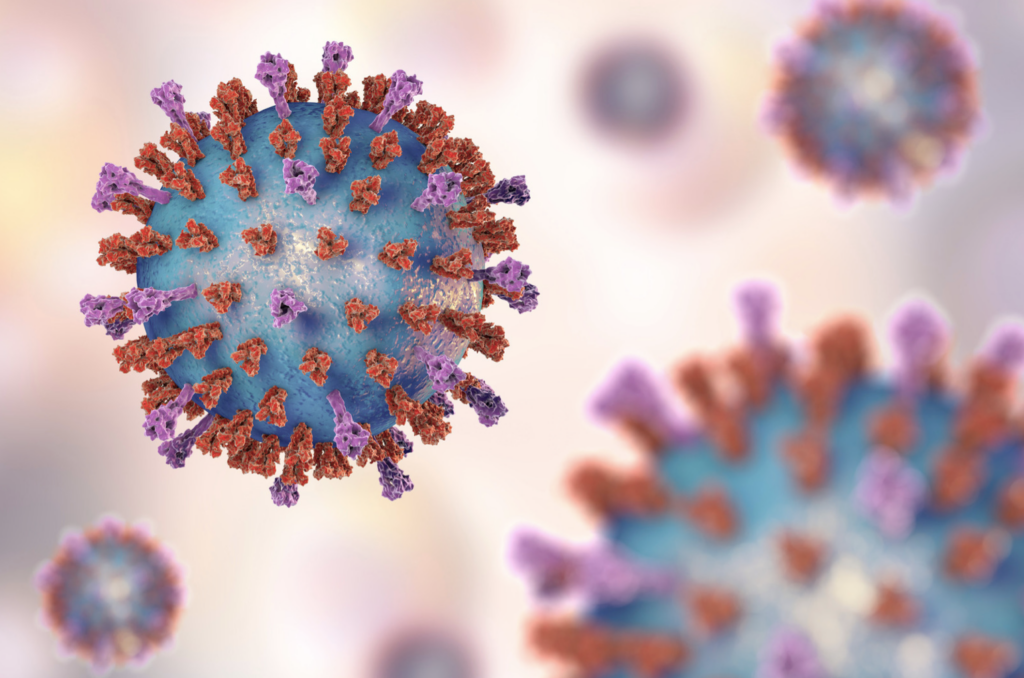Residential rehabilitation programs are necessary for some patients who have to undergo consistent therapy. Throughout post-acute rehabilitation, patients are assisted, monitored, and supervised by trained personnel so that they can recover well. Some traumatic brain injury (TBI) patients are on these programs because they need 24-hour support and assistance for their daily activities, medications, and behavioral management.
However, the COVID-19 pandemic has affected TBI patients in residential rehabilitation programs in more ways than anticipated. Here are just some of the problems being faced by some rehab centers:
Because of social distancing or stay-at-home orders to prevent the spread of the virus, post-acute rehabilitation facilities temporarily limit the number of visitors for TBI patients. This could trigger a psychological effect because the patient is not getting support from their caregivers or family members.
Studies show that emotional support is vital to the recovery of TBI patients who may be experiencing feelings of anxiety, depression, and anger, among other emotional issues. At Neulife Rehab, we make sure that patients get the emotional and moral support they need as the situation requires.
Recovering from TBI is already stressful enough for patients and their relatives, even without the threat of a pandemic, and some TBI patients may already be suffering from anxiety and post-traumatic stress disorder. Stress also makes the immune system vulnerable, which is the last thing we all need in the time of COVID-19
There’s also an added stress on rehabilitation workers to ensure that the facility is safe. So as well as helping TBI patients with their therapies and health issues, healthcare workers need to ensure that the facility is virus-free and that staff members observe the measures in place to prevent the spread of the virus.
Since the start of this pandemic, staying at home has been actively encouraged. Some patients have opted to attend virtual rehabilitation programs and join online support groups. Although these sound like good alternatives, patients can recover better when admitted to a post-acute rehabilitation facility as well equipped and staffed as Neulife Rehab.
Aside from having a supportive community that understands what you need and why you need it, you also have a structured day that lets you focus on getting better and nothing else. One more benefit of residential rehabilitation is direct contact with rehab experts, something that is not possible in virtual rehabilitation. These factors can ease the patient’s stress levels and their loved ones’ as well, knowing that the patient is in good hands.
In this public health crisis, rehabilitation staff may also be limited in some areas as workers might be called upon to take care of COVID-19 cases instead of TBI patients. While remote, home visits, or telemedicine may be possible, the level of service and care might not be enough to meet the needs of a TBI patient compared to what a residential rehab can provide. At Neulife Rehab, we make sure that there are enough staff and experts who will attend to the needs of our patients.

NeuLife Rehabilitation is one of the largest brain injury residential facilities specializing in rehabilitation for a wide range of catastrophic injuries. We are accredited by the Commission on Accreditation of Rehabilitation Facilities (CARF) in Brain Injury Specialty Programs and Residential Rehabilitation.
Our professional staff make sure that you and your family are being taken care of by the best specialists in the area. We encourage you to find out more about our facility and our programs.
Here are some tips on how to choose a residential rehab in the time of COVID-19. If you have any questions at all, we are here for you. Call us or make a referral using our easy to navigate and convenient online form. We are looking forward to helping you achieve your recovery goals.
The material contained on this site is for informational purposes only and DOES NOT CONSTITUTE THE PROVIDING OF MEDICAL ADVICE, and is not intended to be a substitute for independent professional medical judgment, advice, diagnosis, or treatment. Always seek the advice of your physician or other qualified healthcare providers with any questions or concerns you may have regarding your health.

We know that choosing the next step in your recovery from a catastrophic illness or injury is complex. Together, we can help you take the next step.
Contact us with any questions today.